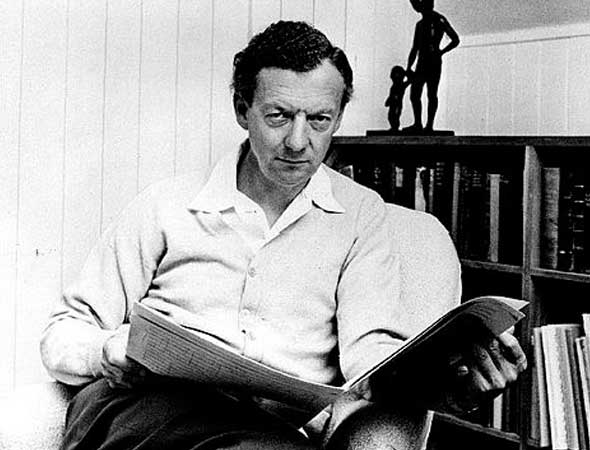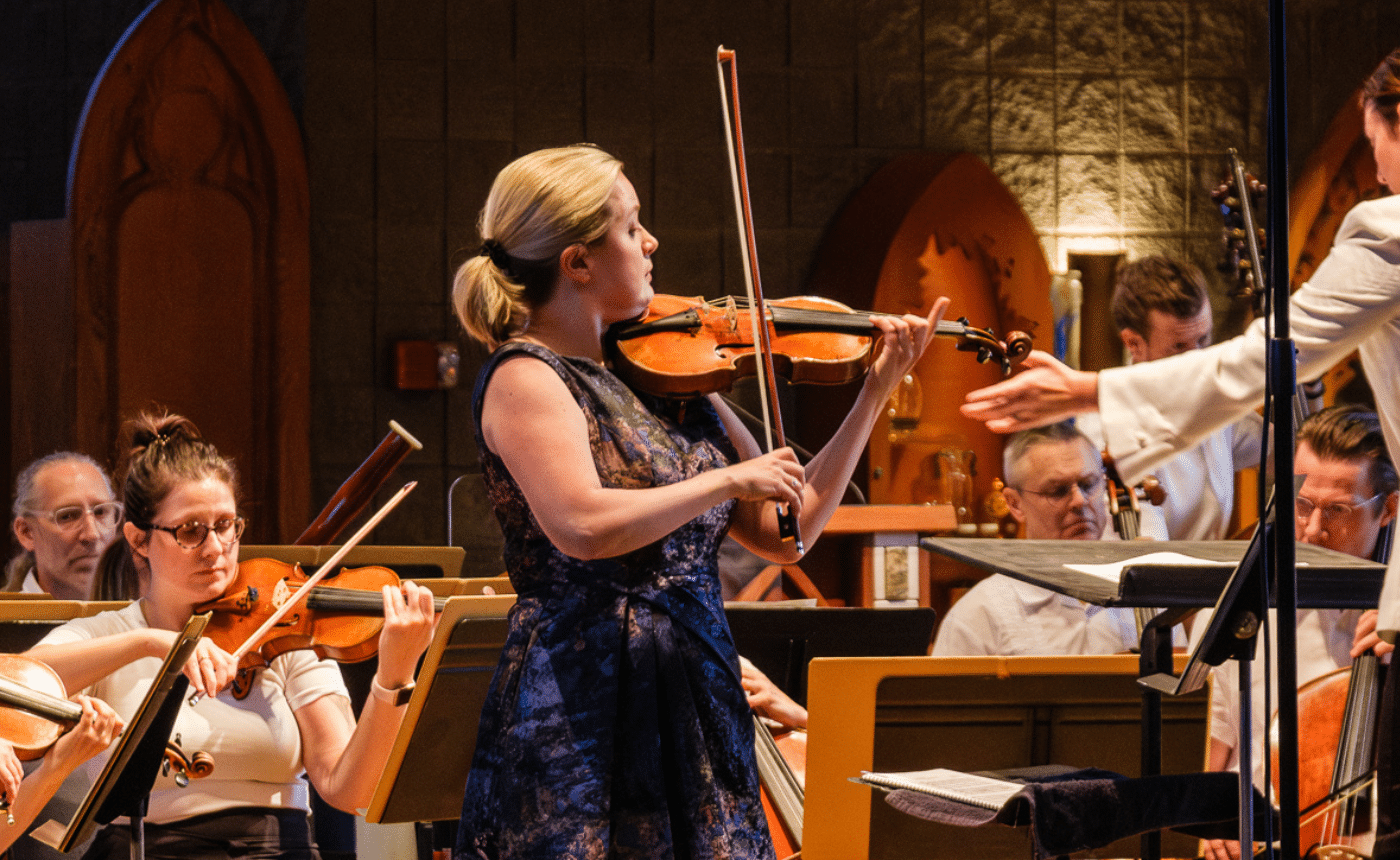BRITTEN: Simple Symphony for String Orchestra, Op. 4
by Jeff Counts
Exceptional precociousness is a rare but famously recurring theme in classical music history. We are so enchanted by stories about the child prodigies of distant yore, for good reason, but we forget it can still happen in a more modern setting. Benjamin Britten was one such case. Like Mozart, Mendelssohn, Chopin, and an elite few others, he entered his teen years with an impressive body of compositional work already to his credit. Not every composer chooses to embrace their juvenilia as they mature. Many, in fact, send their earliest work into the fire. But Britten found an interesting way to make use of his most formative creations. He was in his final year at the Royal College of Music in 1834 when he composed the Simple Symphony which, according to his own note in the score was, “entirely based on material from works which the composer wrote between the ages of 9 and 12.” Though only 20 at the time, Britten was looking pretty far back, in human developmental terms, to find these melodies, and his wistful affection for the ideas of his younger self is apparent throughout the Simple Symphony. “Although the development of these themes is in many places quite new,” his note continues, “there are large stretches of the work which are taken bodily from the early pieces.” The movement titles (“Boisterous Bourée”, “Playful Pizzicato”, “Sentimental Sarabande”, “Frolicsome Finale”) might sound like chapters from an elementary school music book, but the instrumental writing is taut and adventurous and, though it is certainly appropriate for student musicians, it reveals itself best in the hands of professionals. In another nod to innocent days gone by, Britten dedicated the Simple Symphony to his childhood viola instructor, Audrey Alston.













